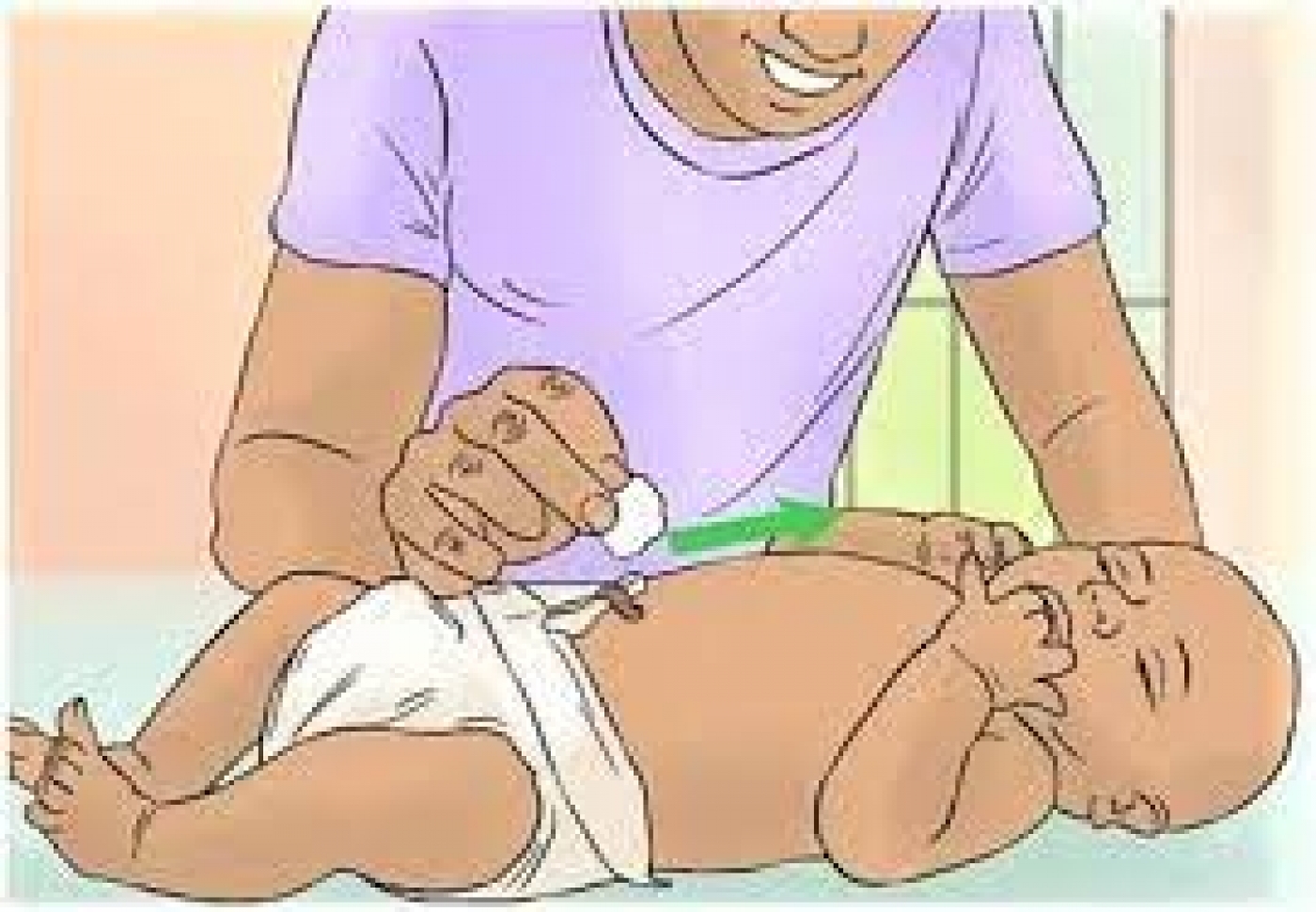“The infected cord and umbilical area can become red and swollen, ooze pus or infection may spread to the body through the blood. The baby may have tetanus if the umbilical stump is not well taken care of and especially if the mother was not immunised against tetanus.
“All these are life-threatening and contribute significantly to neonatal mortality.
“It is pertinent to keep the umbilical stump clean. In practice, we see a lot of inappropriate care and it is painful when a baby succumbs to complications from these inappropriate practices.
“Examples are the use of toothpaste, cow dung, and lantern for fomentation; hot water, herbs, and special mixtures concocted for cord care, and these are harmful practices.
“Before now, the practice was to clean the cord frequently with methylated spirit, as frequently as the diaper was changed or more and to always leave the stump outside the diaper. The stump dries and falls off usually in two weeks; it may take longer in some babies,” she noted.
Corroborating Dr. Olutekunbi, a Consultant Paediatrician, Dr. Ayodele Renner said the umbilical cord is a structure that connects the baby to the placenta in the womb.
“The baby gets nutrients and oxygen from the placenta through the umbilical cord. The umbilical cord keeps the child alive in the womb,” he said.
He noted that the use of toothpaste can leave the umbilical cord vulnerable to infection, which can spread to the whole body of the child.
“Even the use of hot water is not also recommended; it is not a global practice. The women who carry out these practices believe that the heat from the lantern will make the cord dry up very fast and it will help it to fall off faster, but that is not the case.
“The American Academy of Paediatrics recommends that all you need to do is just to clean the cord with water and ensure it is not covered by the diaper. The cord will dry by itself and fall off.”
“These practices are dangerous and can lead to the death of the child because if the care of the cord is not done properly, the cord can have a very severe infection that will cause omphalitis, which can spread to the baby’s blood and brain,” the physician said.
Omphalitis is an infection of the umbilical stump. It typically presents as superficial cellulitis that can spread to involve the entire abdominal wall and may progress to necrotising fasciitis, or systemic disease.
Renner added, “Some people use cow dung to care for the umbilical cord and that can lead to tetanus. I’ve also seen people rub mentholatum on the cord and that is not recommended because it can cause very severe jaundice that can kill the child.”
The experts, however, say the World Health Organisation recommends the use of Chlorhexidine gel for umbilical cord care.
Explaining, Olutekunbi said strict hand hygiene before and after taking care of the cord is required.
“The gel is applied around the base of the stump, the cord, and the tip of the cord. The gel on the skin is wiped with a clean towel. Application is once daily until the cord drops. The stump is left outside the diaper. This is recommended for all deliveries whether in a health facility or outside it.
“Studies have shown how this intervention has greatly reduced neonatal mortality in some countries.”
According to her, it has not been easy transiting from the use of methylated spirit and other harmful care to the use of chlorhexidine in practice.
“One major complaint is that the cord takes longer to drop or is infected. However, with good health education especially in hand hygiene and technique of application, we can overcome these bottlenecks.
“Chlorhexidine is an antiseptic and offers an advantage over infection prevention than the methylated spirit which is alcohol.
“Indeed, the cord may drop faster with methylated spirit but cord care is not about how fast the cord drops but effective care to prevent infections like omphalitis, septicemia, and tetanus, which are life-threatening,” she said.
source: PunchHealthWise







